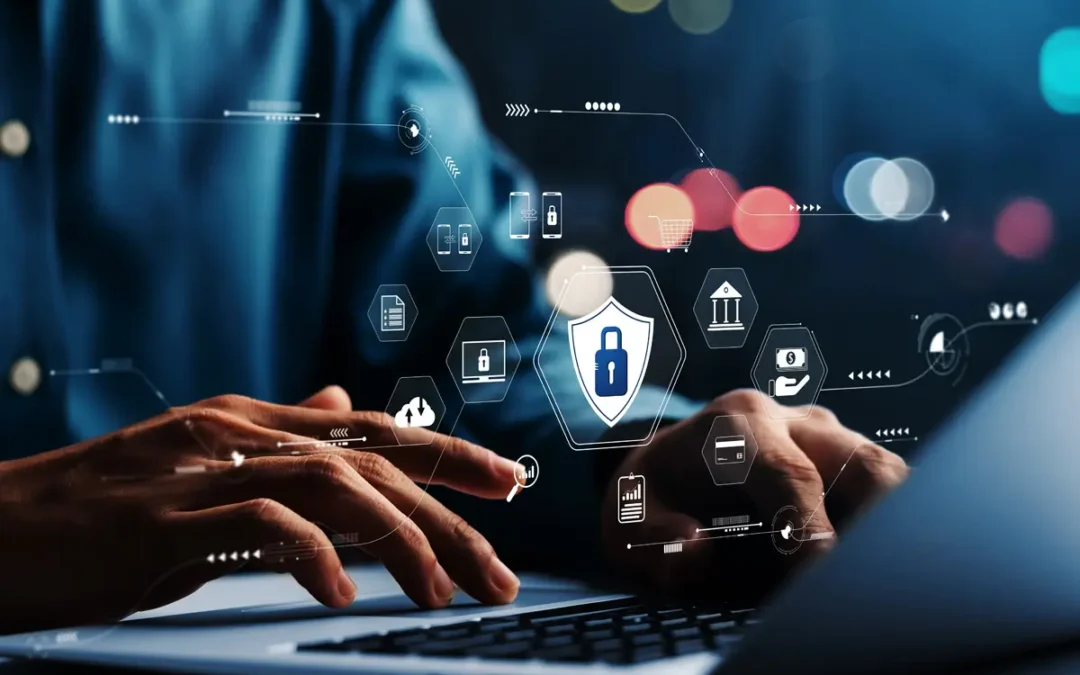As the construction industry embraces remote work, particularly in the areas of project management and oversight, cybersecurity for remote construction teams has become a critical concern. With sensitive data now being accessed and shared off-site, construction firms must ensure that their remote teams have a robust project management plan that is prepared against cyber threats. Whether it’s securing communications or protecting cloud-based project data, implementing strong cybersecurity measures is vital for safeguarding company assets and ensuring project continuity.
VPNs and Secure Networks: Protecting Remote Connections
One of the first lines of defense for remote construction teams is the use of Virtual Private Networks (VPNs). A VPN encrypts internet connections, creating a secure tunnel between the user and the company’s network. This is especially crucial for off-site workers accessing sensitive information, as public or home networks are more vulnerable to hacking attempts.
By using VPNs for construction sites, firms can ensure that data transferred between remote workers and the company remains confidential and secure. It is essential to establish strict protocols for VPN use, ensuring that all remote workers are required to log into the secure network whenever accessing project management systems, files, or company resources.
Cloud Security: Safeguarding Remote Data Storage
The shift to cloud-based project management tools has streamlined workflows for remote teams, but it also introduces risks if not properly secured. Cloud security for construction is crucial, as construction teams now store sensitive data—ranging from design blueprints to financial information—on cloud platforms.
To enhance remote construction data protection, construction firms should employ strong encryption methods for both stored data and in-transit information. Additionally, companies should implement strict access controls and perform regular audits, ensuring only authorized personnel can view or edit files.
Multi-Factor Authentication (MFA): Strengthening Access Controls
Another key cybersecurity measure for remote teams is the use of Multi-Factor Authentication (MFA). MFA adds an additional layer of security by requiring users to verify their identity through two or more authentication methods, such as a password followed by a code sent to their phone. This is essential for remote construction workers, as it helps prevent unauthorized access to sensitive systems even if login credentials are compromised.
Start by requiring MFA for all systems accessed by remote employees, including email, cloud storage, and project management software.
Secure Communication Tools: Protecting Project Information
Communication is essential for remote teams, but it also poses a cybersecurity risk if not properly protected. Secure communication tools—such as encrypted messaging platforms—ensure that sensitive information shared between teams and contractors remains confidential.
Construction firms should use platforms that offer end-to-end encryption for all messages, video calls, and file sharing. Platforms like Slack, Microsoft Teams, and others offer encryption features, but firms should carefully vet their security capabilities before implementation.
The Importance of Cybersecurity for Remote Construction Teams
As the construction industry continues to adapt to remote work, securing data for off-site workers must be a priority. From implementing VPNs and cloud security measures to ensuring robust mobile device management, proactive cybersecurity strategies are essential to protecting company data and ensuring smooth project execution. By addressing these security concerns, construction firms can stay ahead of cyber threats and ensure the safety and efficiency of their remote operations. For additional resources and tips, construction companies should consult with cybersecurity professionals to stay updated on the latest best practices, and click here for more information about our project management services.

